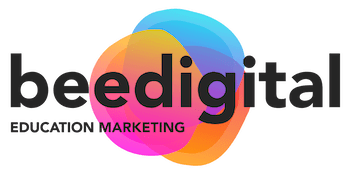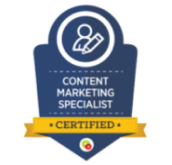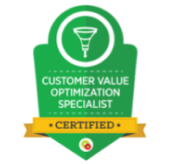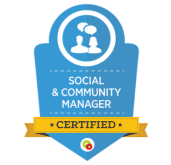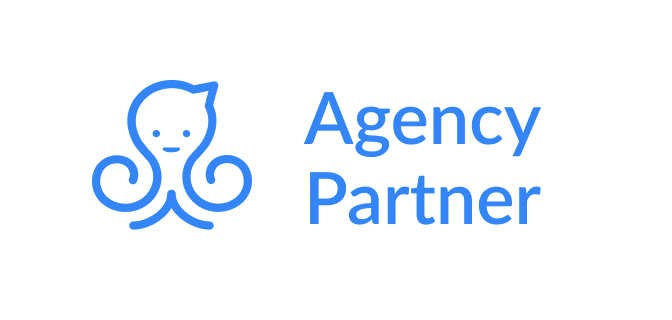When my room was flooded at three in the morning while staying in a Marriott hotel in Los Angeles, an assistant helped me to relocate to a different – and drier! – room.
As compensation for the inconvenience, she gave me a voucher for a free breakfast in the morning.
Bleary-eyed, I accepted it.
On waking up I realised that the voucher had no value for me. I had already arranged to have breakfast that morning with my cousin, in a café she recommended.
I explained the situation to the desk clerk. This is how the conversation proceeded:
Desk clerk: I see that you are coming back to stay with us for a week next week.
Me: That’s right.
Desk clerk: So how about we reduce the bill for that by 50%?
That was an example of what Adrian Webster calls a “tiny noticeable thing”: something that isn’t especially earth-shattering, but which makes a big impression on the recipient.
In his book “Tiny Noticeable Things”, Webster has collated many such stories, small actions that have made enough of a difference to someone for them to act as unpaid advertisers for the organisation or person.
Indeed, the book, which is subtitled “The secret weapon to making a difference in business” might just as easily have been called “Hundreds of examples of how to generate word of mouth for your business”.
Divided into chapters called Customer, Team, Personal and Covid, these anecdotes provide food for thought.
Clearly, not all of them will be directly relevant for an edtech business, but several could be adapted.
Some of the anecdotes are ridiculously simple, such as including a handwritten “thank you” note in a delivery.
Of particular interest, though, is that many of the “tiny things” described were undertaken by individual employees rather than being part of some kind of top-down initiative.
A company’s reputation and standing hinges on the actions and attitudes of all its employees, not just the public-facing ones.
What sort of small things might an edtech company do that will stick in a client’s mind?
One example cited the inclusion of a UK plug for a piece of kit sourced from overseas.
Another example is even more basic: using the client’s first name.
This is one of those books that you can open anywhere and find an interesting, and often moving, anecdote.
As I said, not all of them are directly pertinent to the world of edtech. However, this sentence is well worth bearing in mind, and applies across the board:
“As a business, you will only be outstanding if you make your customers feel outstanding, and this will only have any hope of happening if the people in your teams feel outstanding.”

